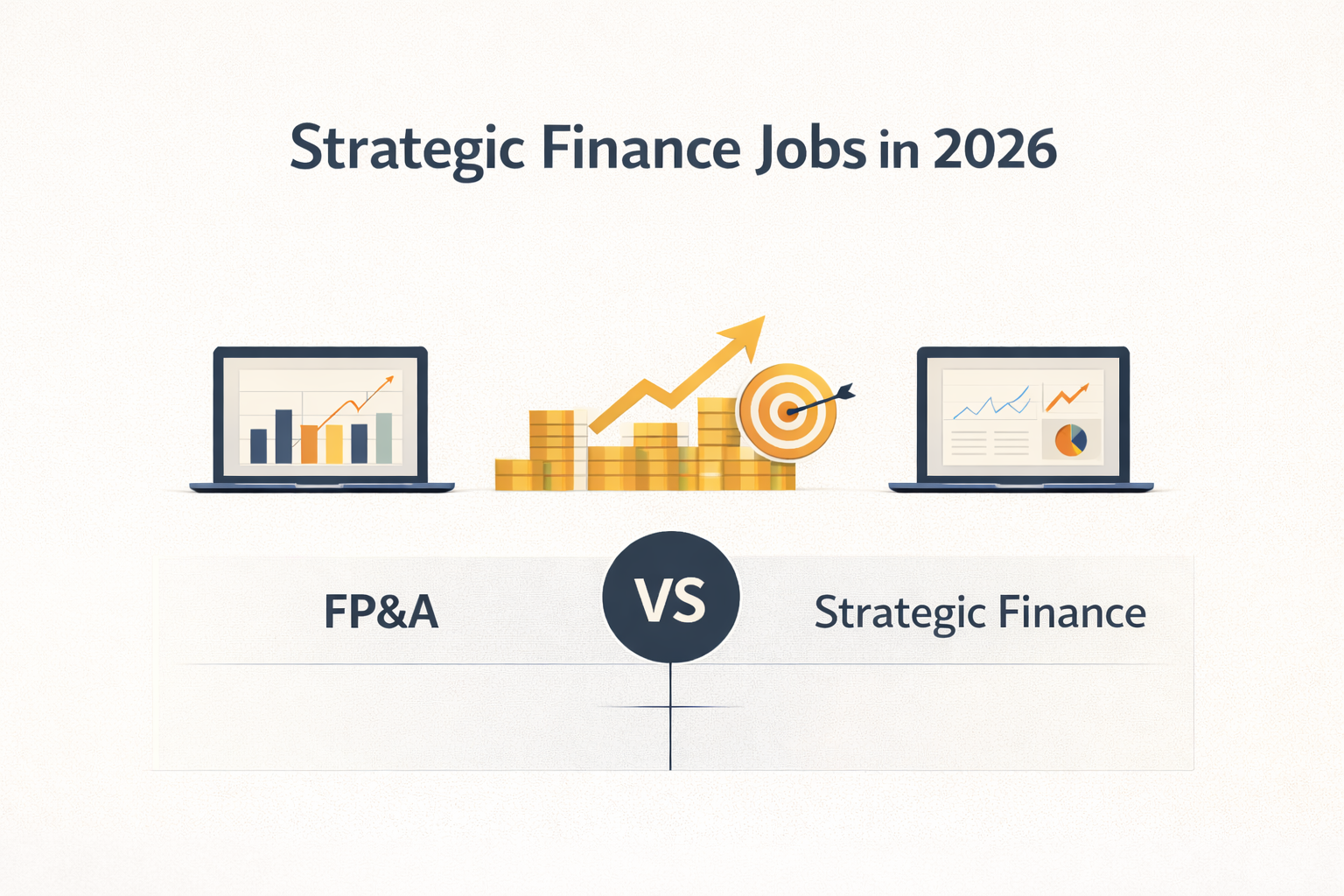Transitioning between different branches of finance can be a daunting endeavor, especially when it involves a shift from the fast-paced world of investment banking to the strategic and multidimensional realm of strategic finance. While both fields are interrelated, the journey can be fraught with challenges, and many aspiring professionals find themselves struggling to find a clear path. In this blog post, we'll delve into the experiences of those who have faced such a transition and explore the lessons learned along the way.
Acknowledging the Differences
The first and perhaps most crucial step when transitioning from investment banking to strategic finance is to acknowledge the fundamental differences between the two fields. Generally speaking Investment Bankers will tend to specialize in one industry (unless they’re in M&A or Diversified), and they will have a good grasp of the industry as they live and breathe financial models from large public companies. Bankers’ primarily revolves around raising capital, facilitating mergers and acquisitions, and providing financial advisory services.
Strategic finance, on the other hand, focuses heavily on driving smart business decisions across the company, from product development to optimizing marketing spend, all through the use of financial and operating models.
That being said, investment banking teaches skills in a very rigorous manner that can set one up for a highly successful career in strategic finance. This includes:
- Ninja-level Excel skills: These skills empower strategic finance professionals to transform any data set or data problem into a clear analysis with actionable insights.
- Intricate and complex financial modeling skills: These skills enable strategic finance professionals to assist decision-makers in arriving at the right decisions.
- Slide building and storytelling: These abilities assist strategic finance professionals in creating board decks and fundraising pitches effectively.
Investment banking teaches skills in a very rigorous manner that can set one up for a highly successful career in strategic finance.
Overcoming the “Operations” Learning Curve
One of the main challenges faced by those attempting this transition is the steep “operations” learning curve associated with strategic finance, and sometimes hiring managers might question candidates lacking direct operating experience on their resumes. Bankers are adept at conducting complex financial analyses and constructing models, but they may lack experience in turning those models into operational reality i.e. taking a project from an excel sheet to the street
Hiring managers might question candidates lacking direct operating experience on their resumes.
To overcome this hurdle, individuals seeking a path in strategic finance must be proactive in expanding their knowledge. This may involve pursuing relevant certifications, enrolling in specialized courses, or seeking mentorship from seasoned professionals already working in the strategic finance domain. Start learning about how different businesses operate (outside of your specialized IB field), and talk to business leaders and operators at startups - very likely they operate much differently than how your Fortune 500 companies operate.
Shameless plug: Strategic Finance Careers tries to help ease this transition, particularly by focusing on business operations, and building a community of individuals who have done this transition before.






.png)

